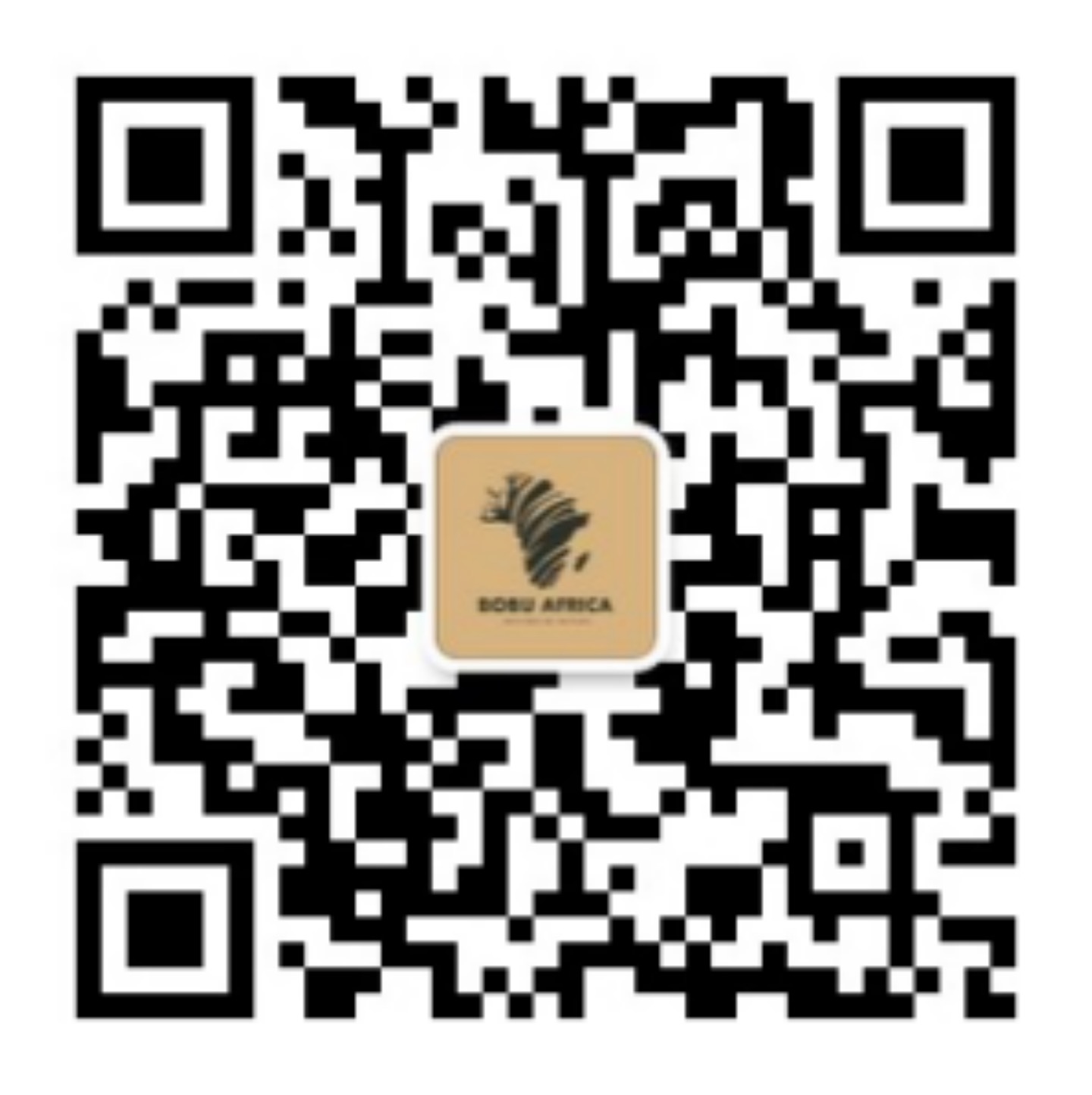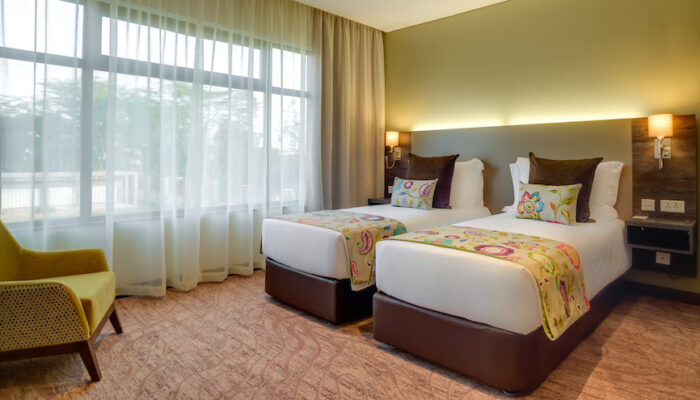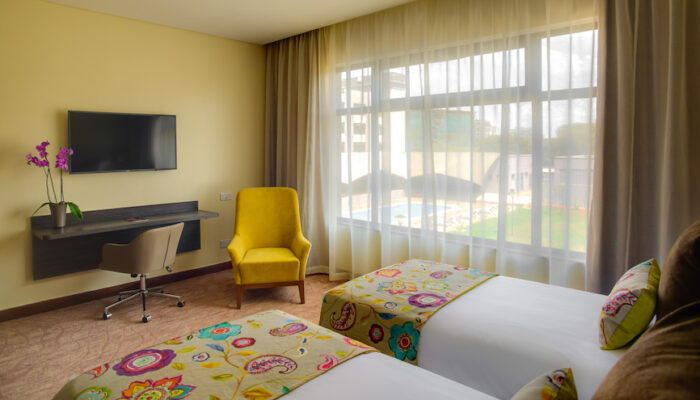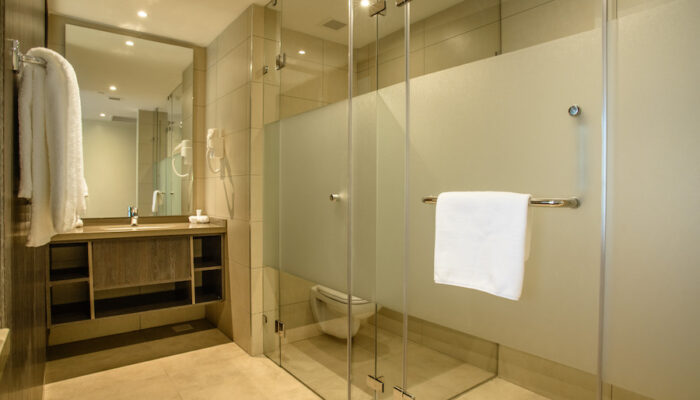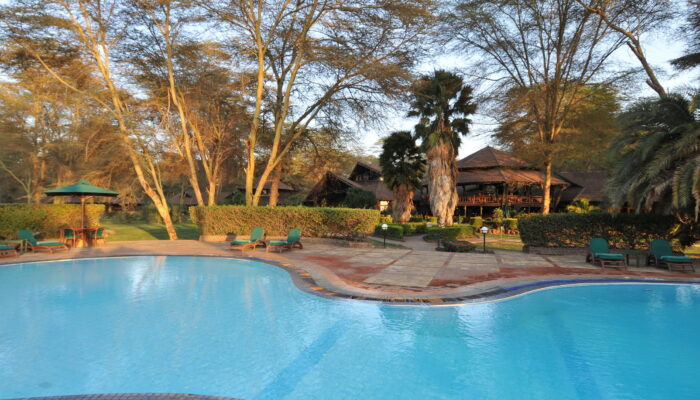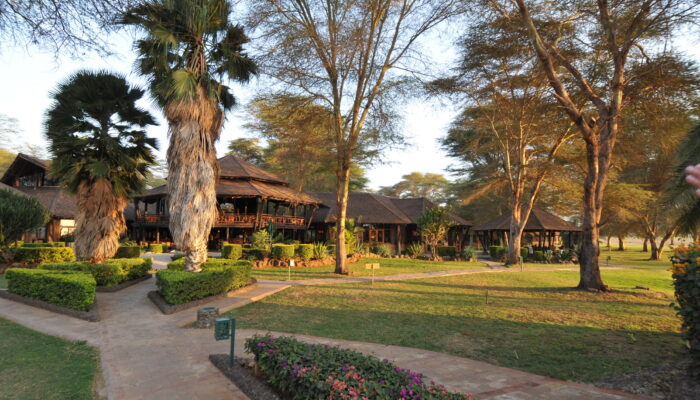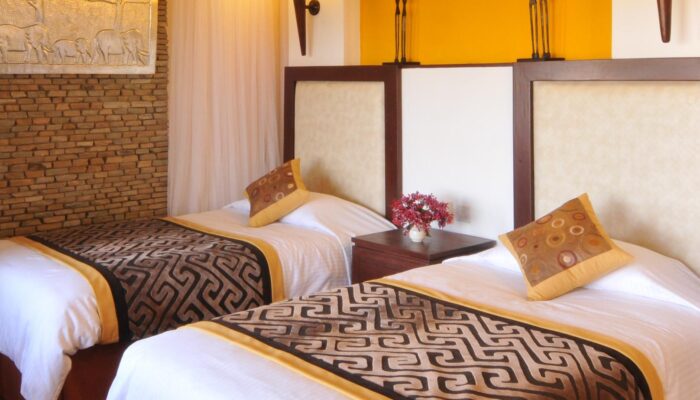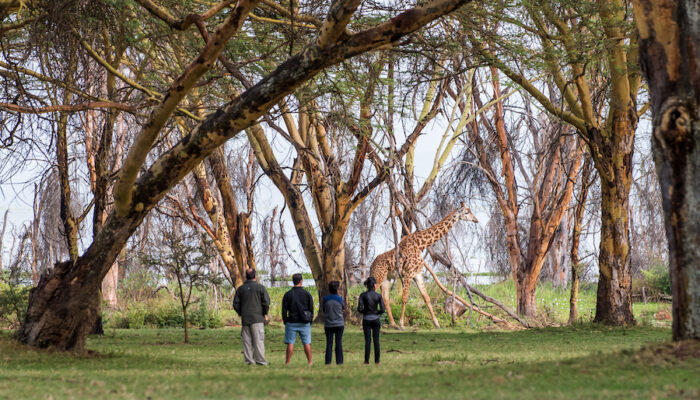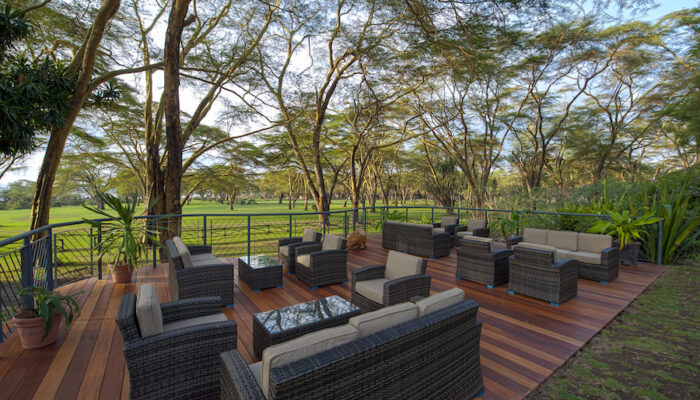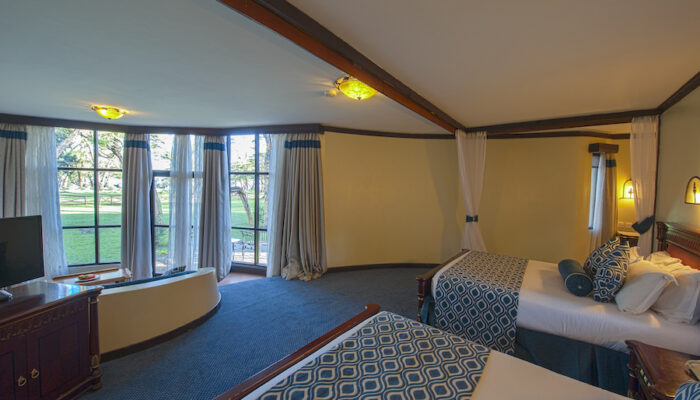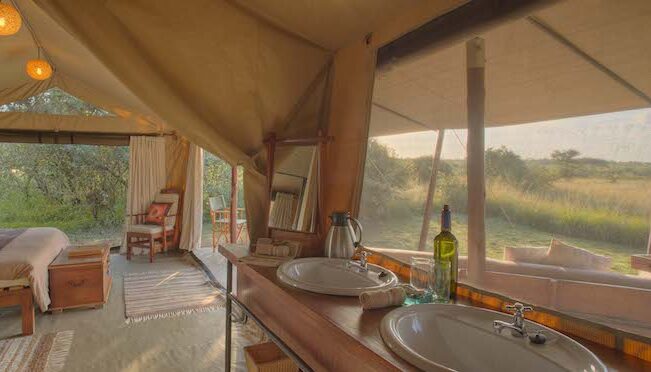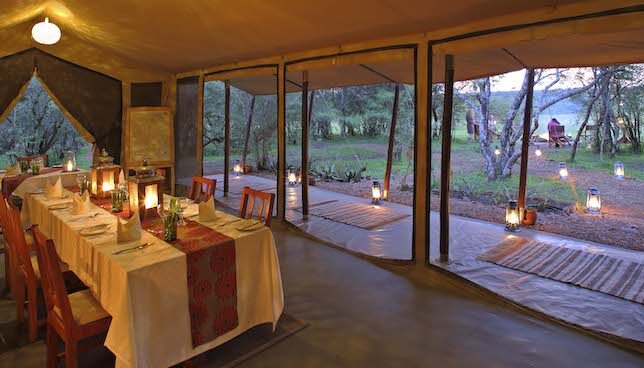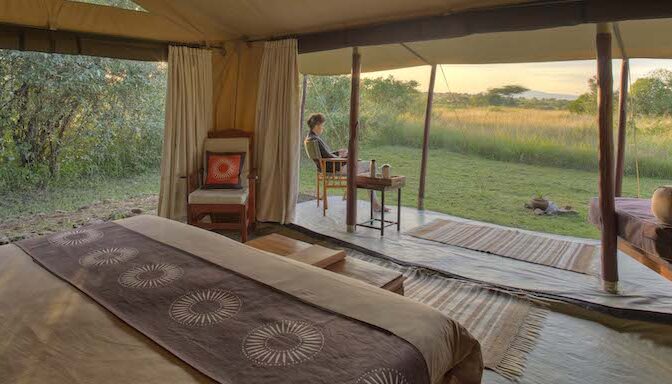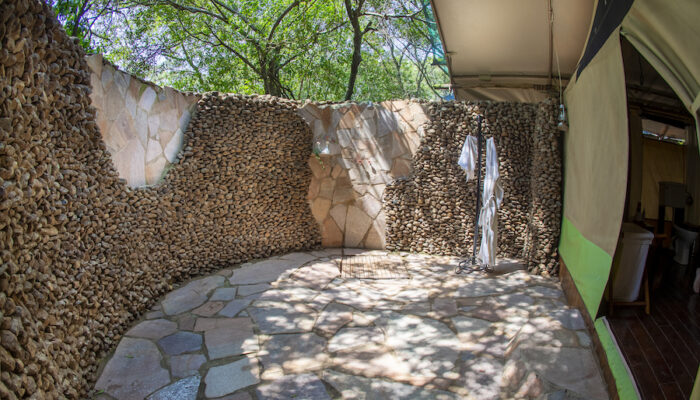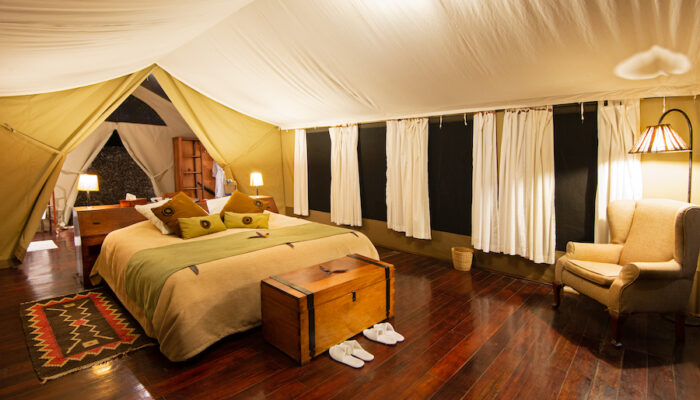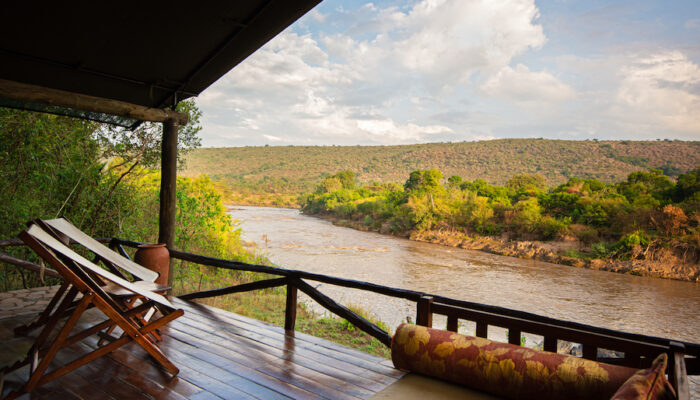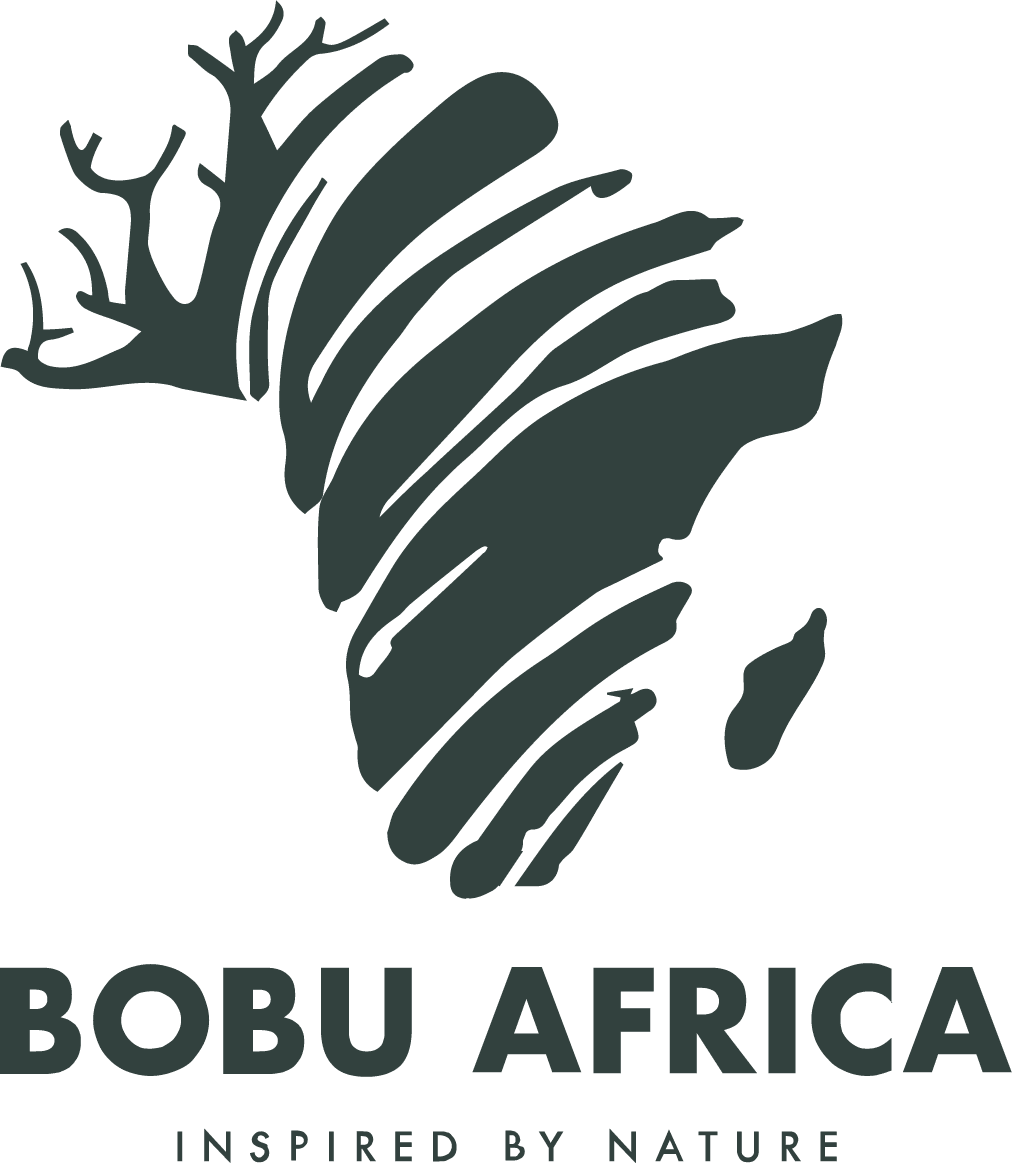Max 12 Guests
NO SINGLE SUPP
1 GUIDE
50% DEPOSIT
FROM USD 5,500
KENYA
Experience Amboseli National Park, that offers one of Africa’s most iconic photographic moments: herds of elephants traversing vast plains with the majestic Mount Kilimanjaro rising behind them. It’s a rare opportunity to capture the grandeur of wildlife set against a snow-capped summit. In contrast, Nairobi National Park presents a surreal blend of city and wilderness, where lions and black rhinos roam freely with the urban skyline in the background—an image that highlights the coexistence of modern life and ancient nature.
8 SPACE(S) AVAILABLE
11 Jul - 19 Jun 2026
USD 5500
HOSTED BY:
Nature
8 SPACE(S) AVAILABLE
01 Nov - 11 Nov 2026
USD 5500
HOSTED BY:
Nature
For bird and big cat photography, we will go to Lake Naivasha and the Maasai Mara ecosystem that delivers extraordinary scenes. Early mornings at Lake Naivasha provide golden light to frame African Fish Eagle diving into the lake, hippos lazing nearby, and water birds adding motion and color. At Naboisho and Mara North Conservancies—known for their big cat populations and ties to Big Cat Diary—photographers enjoy intimate access to predators in action, in landscapes that feel untouched and timeless. These conservancies offer a quieter, more personal way to document the raw elegance of Africa’s wildlife.
Our Rates Are Per Person Sharing Unless We Note Differently
- Please treat all pricing as a guide only:
- All rates are subject to availability and may change without notice.
- Single supplements may apply.
- Request a quote or speak to one of our African Safari Experts for the best, most current rates available.
- Safari Cruiser: 8-seater
- Accommodation
- Meal in the itinerary
- Park Fee Tickets
- Driver and guide
- Mineral water
- Kenya helicopter rescue insurance
- East Africa Guidebook
- Pre & Post-Trip Brief
- Experiential activities
- Tipping
- Meals not in itinerary
- Customs taxes
- Personal expenses
- Non-itinerary transport
- Yellow Fever Vaccination
- Travel insurance
- Air tickets
- Visa fee
Day 2: Amboseli
Day 3: Nairobi
Day 4: Lake Naivasha
Day 5 & 6: Naboisho Conservancy
Day 7 & 8: Mara North Conservancy
Day 9: Nairobi Farewell
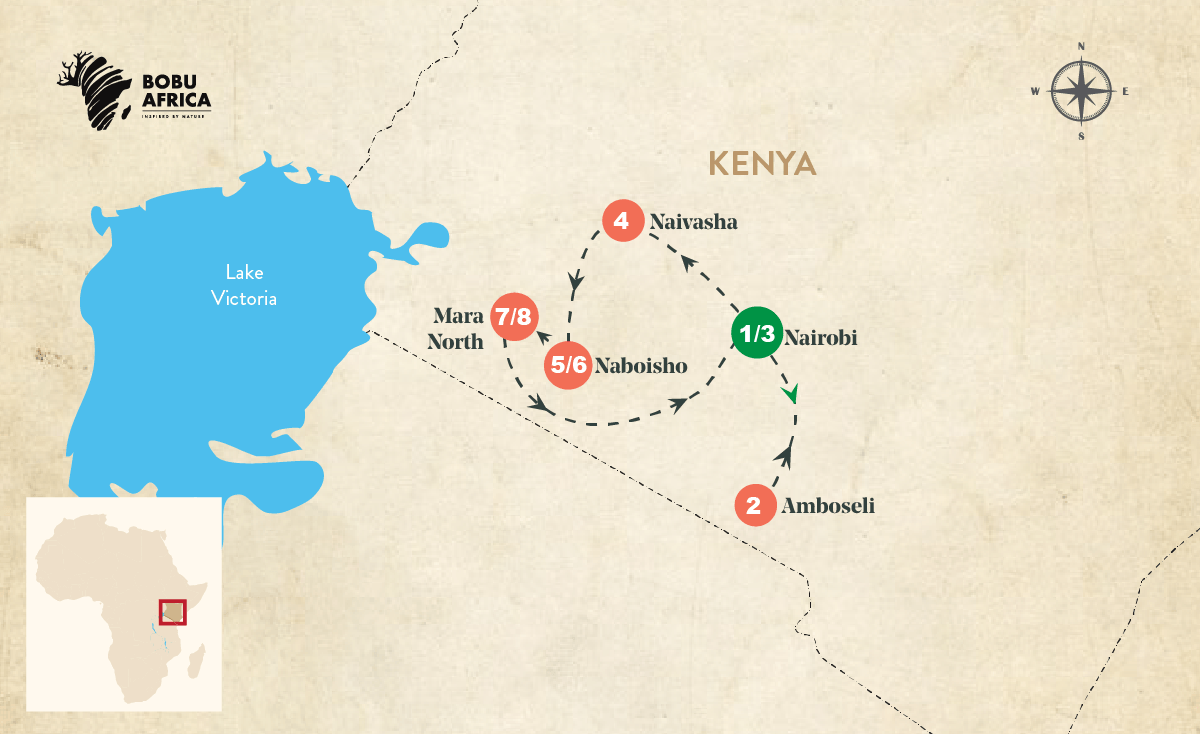
Nairobi
Touch down in Nairobi, Kenya’s vibrant capital and the gateway to East Africa’s iconic wilderness. The city hums with energy, a place where ancient culture meets modern flair. Photographers will find a goldmine of inspiration here—from colorful markets and colonial architecture to Nairobi National Park, the world’s only wildlife reserve within a capital city. Imagine capturing a giraffe silhouetted against a city skyline—this is where your lens starts its African journey. Accommodation Tamarind Tree Hotel
Amboseli
As the morning sun rises, you journey south to Amboseli National Park. Nothing prepares you for the moment Mount Kilimanjaro’s snow-capped peak emerges from the clouds, towering above the savannah. Herds of elephants move gracefully across the plains, offering unparalleled photographic moments against this majestic backdrop. This is one of Africa’s most iconic wildlife scenes—one that invites patience, perspective, and perfect lighting. Accommodation Oltukai Lodge
Nairobi
Back in Nairobi, you’ll dive deeper into the city’s vibrant rhythm. Explore museums, local art galleries, and bustling neighborhoods filled with life and color. Street photography lovers will enjoy capturing everyday moments that reflect Kenya’s rich heritage. Whether it’s a Maasai artisan carving wood or children playing in alleyways filled with murals, Nairobi offers a softer, human narrative to complement your wildlife portfolio. Accommodation Tamarind Tree Hotel
Lake Naivasha
Head to the highlands and discover the mirror-like surface of Lake Naivasha, where birdlife flourishes and hippos lurk in the shallows. A boat ride across the lake reveals African fish eagles snatching prey mid-flight—an ideal subject for shutter speeds and reflexes. On Crescent Island, roam on foot among giraffes and zebras, reminiscent of scenes from Out of Africa, which was filmed here. This day blends tranquility with wildlife in a way few other places can. Accommodation Lake Naivasha Sopa Resort
Naboisho Conservancy
Your lens turns now to Naboisho Conservancy, a private gem bordering the Maasai Mara. Here, the wildlife density is astonishing, and the lack of crowds means you can linger longer with your subjects. Cheetahs in pursuit, lion prides on patrol, leopards lounging in trees—this is big cat territory. Morning and evening game drives offer golden hour magic, with each frame a chance to freeze power, elegance, and raw emotion. Accommodation Encounter Mara Camp
Mara North Conservancy
Mara North offers yet another layer to the photographer’s journey. With sweeping plains and fewer vehicles, it feels like a private studio set in the wild. The Mara River flows through, attracting elephants, hippos, and crocs, and playing a vital role in the Great Migration when timing aligns. Here, your images aren’t just snapshots—they’re stories of survival, movement, and timeless wilderness. You’ll also gain insights into Maasai culture, adding depth and diversity to your visual narrative. Accommodation Karen Blixen Camp
Nairobi Farewell
Rise early for one final shoot—the soft morning light bathing the savannah in pastels, the silhouettes of animals heading to water, the serenity of a waking wilderness. After breakfast, you’ll fly back to Nairobi, reflecting on the unforgettable scenes captured through your lens. Lunch in the city, then it’s time for your transfer to Jomo Kenyatta International Airport and onward journey home. The safari ends—but your visual story is just beginning.
Your Stay, Your Way At Bobu Africa, we understand that where you stay is more than just a place to sleep—it’s an essential part of your journey and a reflection of the adventure itself. That’s why we take a different approach to safari accommodations. We don’t believe in one-size-fits-all. Instead, we craft your accommodation choices around you—your preferences, your travel dates, your desired comfort level, and your unique sense of adventure. We work with a wide range of trusted camps, lodges, and boutique hotels across East Africa, each carefully vetted for quality, safety, service, and charm. Whether you envision a luxurious lodge with an infinity pool overlooking the savannah, a family-friendly camp with open space and comfort, or a rustic tented experience where you fall asleep to the sounds of the wild, we find the best possible options that align with your vision and the rhythm of your safari. Tailored Comfort in Every Destination From the moment you land to your final game drive, every accommodation is thoughtfully selected to enhance your overall safari experience. Some of our favorites include:
- Eco-lodges set deep in the bush, where you can sip sundowners by a firepit and listen to lions roar in the distance.
- Charming lakeside retreats, perfect for birdwatching and peaceful sunsets.
- High-end tented camps that blend comfort with nature, offering ensuite bathrooms, king-sized beds, and private verandas.
- Mountain and crater-view lodges, where every morning begins with spectacular panoramas of iconic African landscapes
No matter where you go, you can count on:
- Clean, comfortable, and safe accommodations
- Friendly staff and warm East African hospitality
- Meals that celebrate local flavors, often served in scenic outdoor settings
- Access to unique extras like cultural performances, guided nature walks, and even surprise bush breakfasts
More Than a Place to Sleep—A Place to Remember So whether you’re a seasoned explorer or planning your first safari, rest assured that with Bobu Africa, your stay will be as unforgettable as the landscapes, wildlife, and people that make Africa so magical. And if you’re not sure what kind of stay best suits you, our travel specialists are here to advise, recommend, and help you imagine the possibilities. You’ll never have to choose between comfort and authenticity—with Bobu Africa, you get bo Kibo Safari Camp: Kibo Safari Camp lies within the Amboseli National Reserve with splendid views of majestic Mount Kilimanjaro, Africa’s highest mountain. You woke up in the morning facing Mt. Kilimanjaro from your tent, relaxed in the lounge, listened to birds… and at night, countless stars! Eka Hotel Nairobi : Eka is a contemporary 4-star hotel in Nairobi, conveniently located at the intersection of Mombasa Road and Southern By-pass, 5 minutes from JKIA through the express highway with close proximity to the Nairobi national park, major government and corporate organizations. Eka Hotel Nairobi features 167 well-appointed rooms, five meeting & conference rooms, restaurant & bar, gym, swimming pool, gift shop, wellness center among other top facilities offering the best choice venue for your business and leisure stay. Swiss Lenana: Located in a serene & secure environment at the crossroads of Nairobi’s business, cultural, entertainment & shopping district. The hotel offers 135 upscale rooms and suites with free wireless internet, making the hotel ideal for both business & leisure travellers. With the exquisite dining venues and the roof top swimming pool, Swiss Lenana Mount Hotel is an ideal destination in Kenya’s capital city, Nairobi. The hotel is 18 km from the Jomo Kenyatta International Airport & 6 km from Wilson Airport and is easily accessible just a few minutes from the Nairobi Central Business District

